Can Spray Foam Insulation Be Applied in Cold Weather?
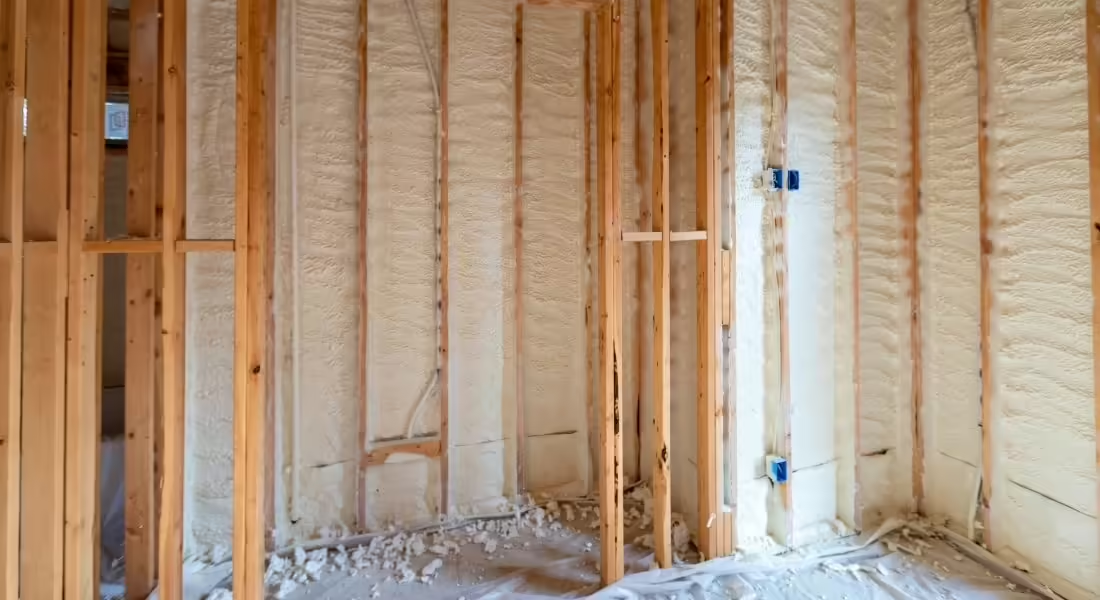
Spray foam insulation consists of chemicals that combine and react to create expanding, insulating foam. Like all chemical mixtures, however, this reaction can change depending on the setting. The ambient temperature can influence the success of a spray foam application. That’s why many people attempt to install or replace their insulation during warmer months. Can spray foam insulation be applied in cold weather? While it’s not ideal, it’s also not impossible. Learn more about the ideal temperatures for spray foam application and how contractors handle cold temperatures with this rundown.
Ideal Temperature for Spray Foam Insulation
There are two types of spray foam insulation—open cell and closed cell—that have slightly different ideal temperature ranges. However, it’s best to store both substances at warmer temperatures of at least 60 degrees Fahrenheit. When spraying, you want the room’s temperature to be at least 40 degrees Fahrenheit. Depending on the manufacturer and contractor, you can technically apply spray foam insulation at temperatures as low as 5 degrees Fahrenheit. However, temperatures that low can cause problems with the application and the efficacy of your insulation.
Risks When Spraying in the Winter
As with many home improvement jobs, cold weather presents a few challenges when applying spray foam insulation. One main concern is the expansion rate. Spray foam insulation—especially closed cell spray foam—expands differently in lower temperatures. This is especially true when applying the foam to cold surfaces like metal. While an experienced contractor might still be able to apply the insulation successfully, it will take longer and require more product, making the project more expensive.
Applying spray foam in the cold can also lead to condensation. Spray foam insulation can range from 130 to 150 degrees Fahrenheit when you spray it. This extreme temperature reacts with the cold surfaces and air temperature and can form condensation on the surface you’re trying to insulate. This makes it difficult for the spray foam to stick, creating weaknesses in your insulation and potentially causing moisture issues in your home.
Tips for Insulating in Cold Temperatures
While you can apply spray foam insulation in cold weather, the job becomes a little trickier. Contractors can make things easier by storing their equipment properly. There are specific closed cell spray foam mixtures that work better in the winter. You should always store these at 70 to 80 degrees Fahrenheit. Monitor the air temperature in your rig so that you’re keeping your supplies at the right temperature.
Are you looking to upgrade your insulation before the cold weather hits? Talk to the experts at Paragon Protection. We have spray foam insulation contractors in McHenry and the surrounding area ready to help you make your home comfortable and efficient in every season.

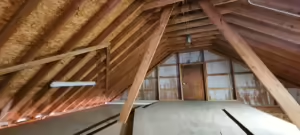
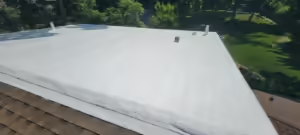
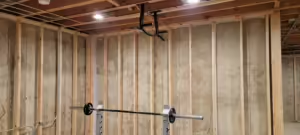
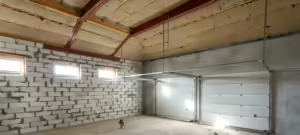

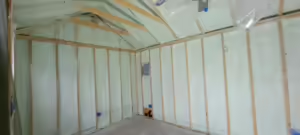
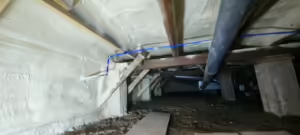
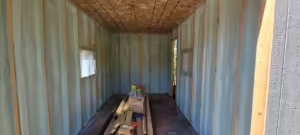

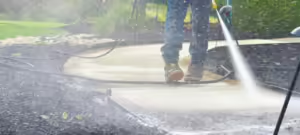
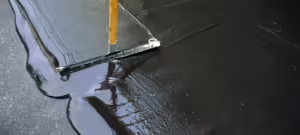
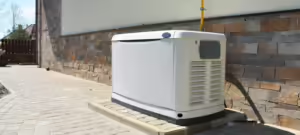
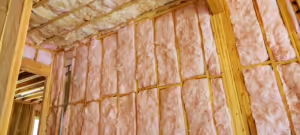
 Professional Insulation Services
Professional Insulation Services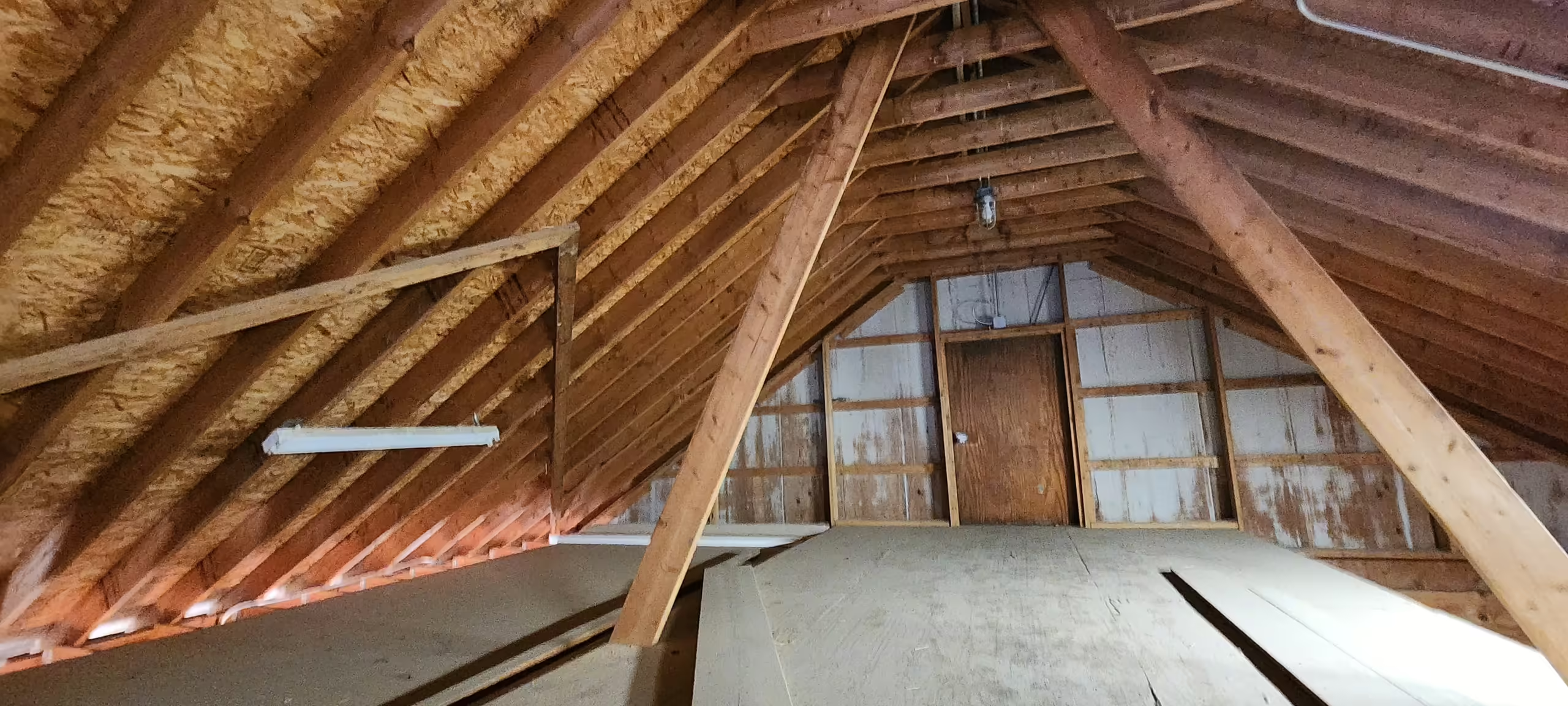 Attic Insulation Services
Attic Insulation Services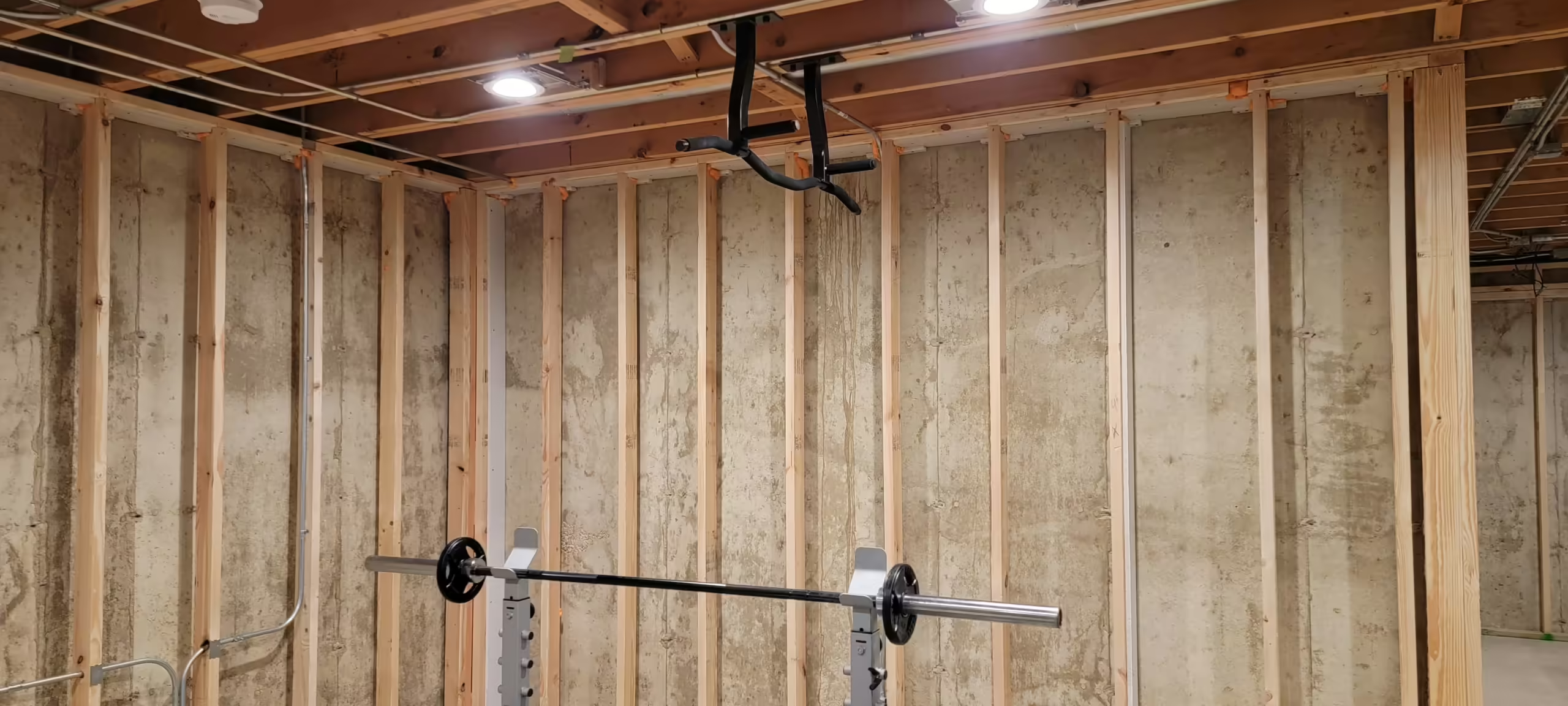 Basement Insulation
Basement Insulation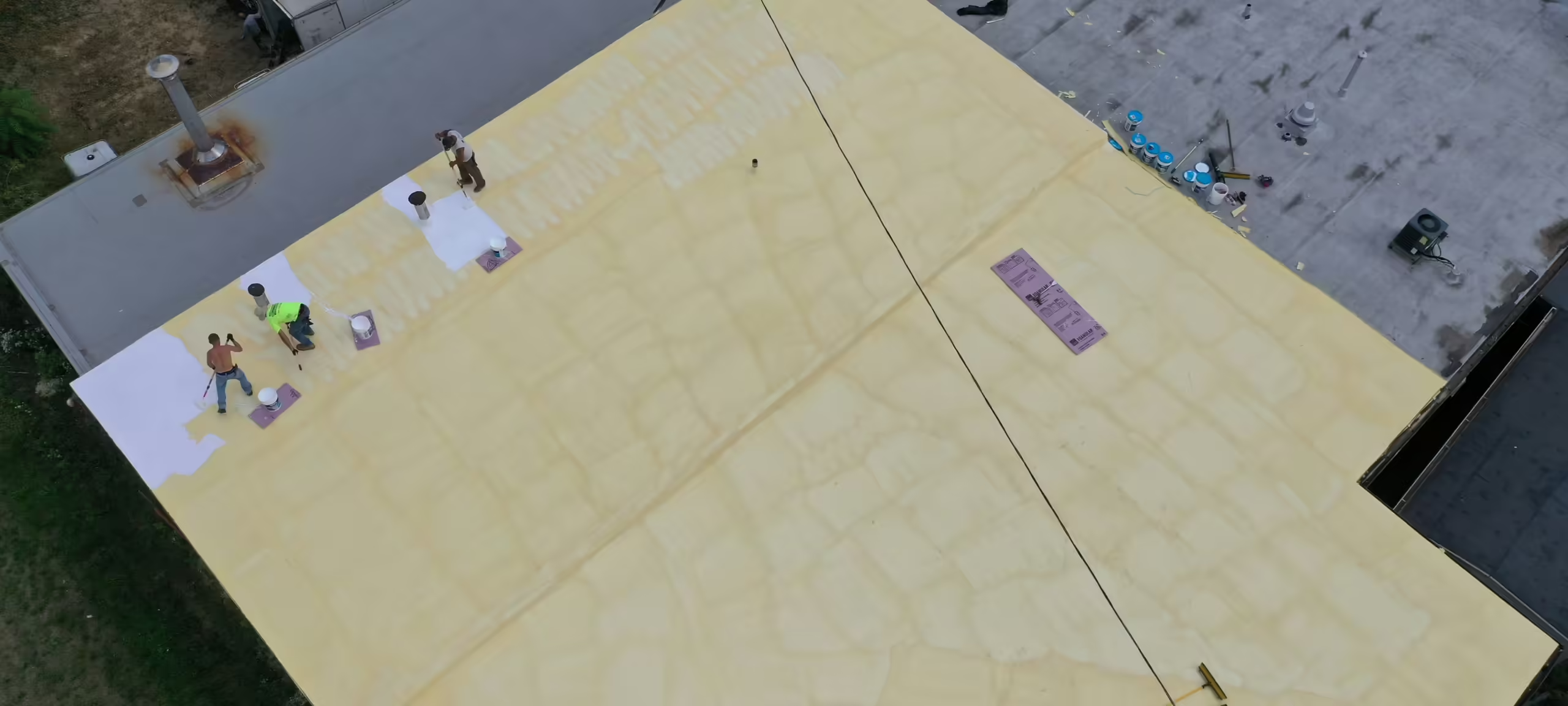 Commercial Insulation
Commercial Insulation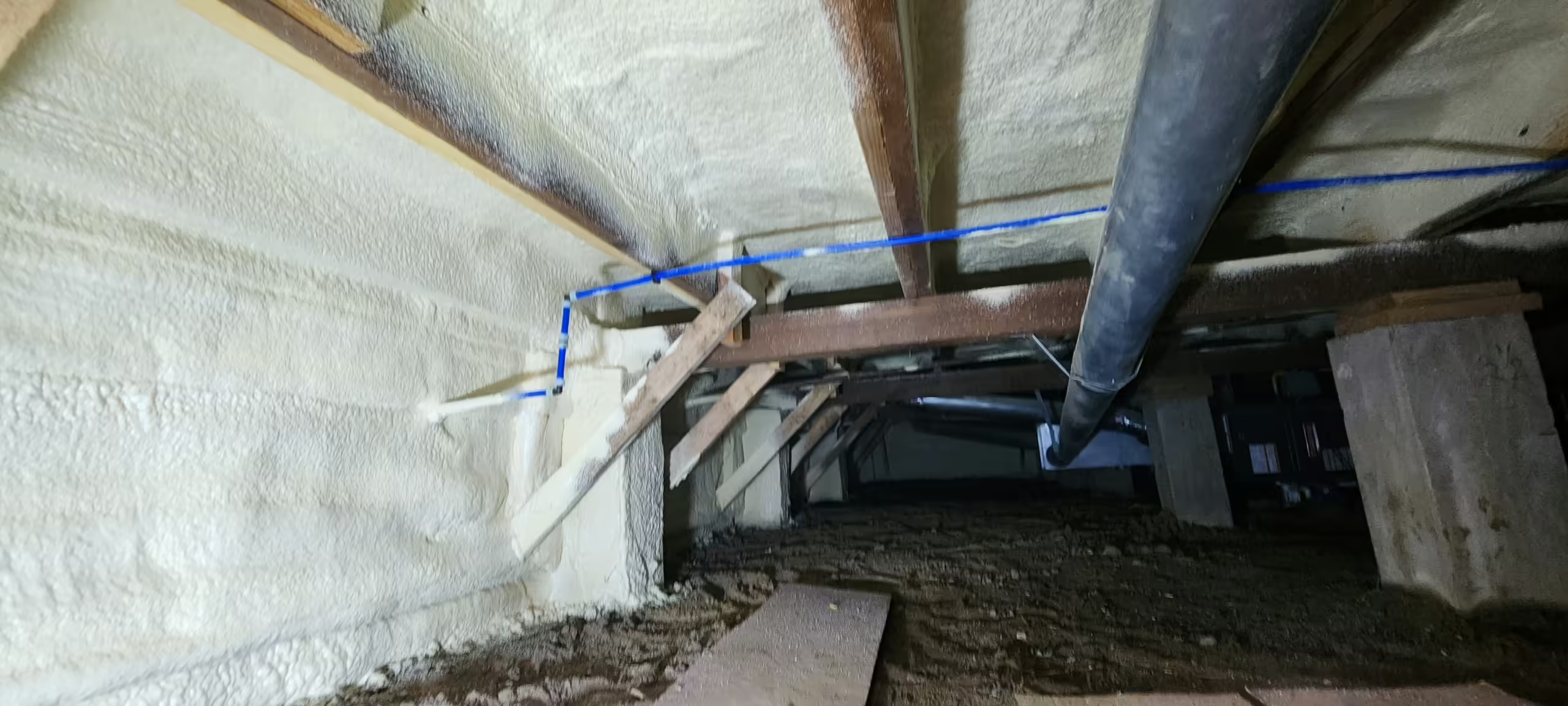 Crawl Space Insulation
Crawl Space Insulation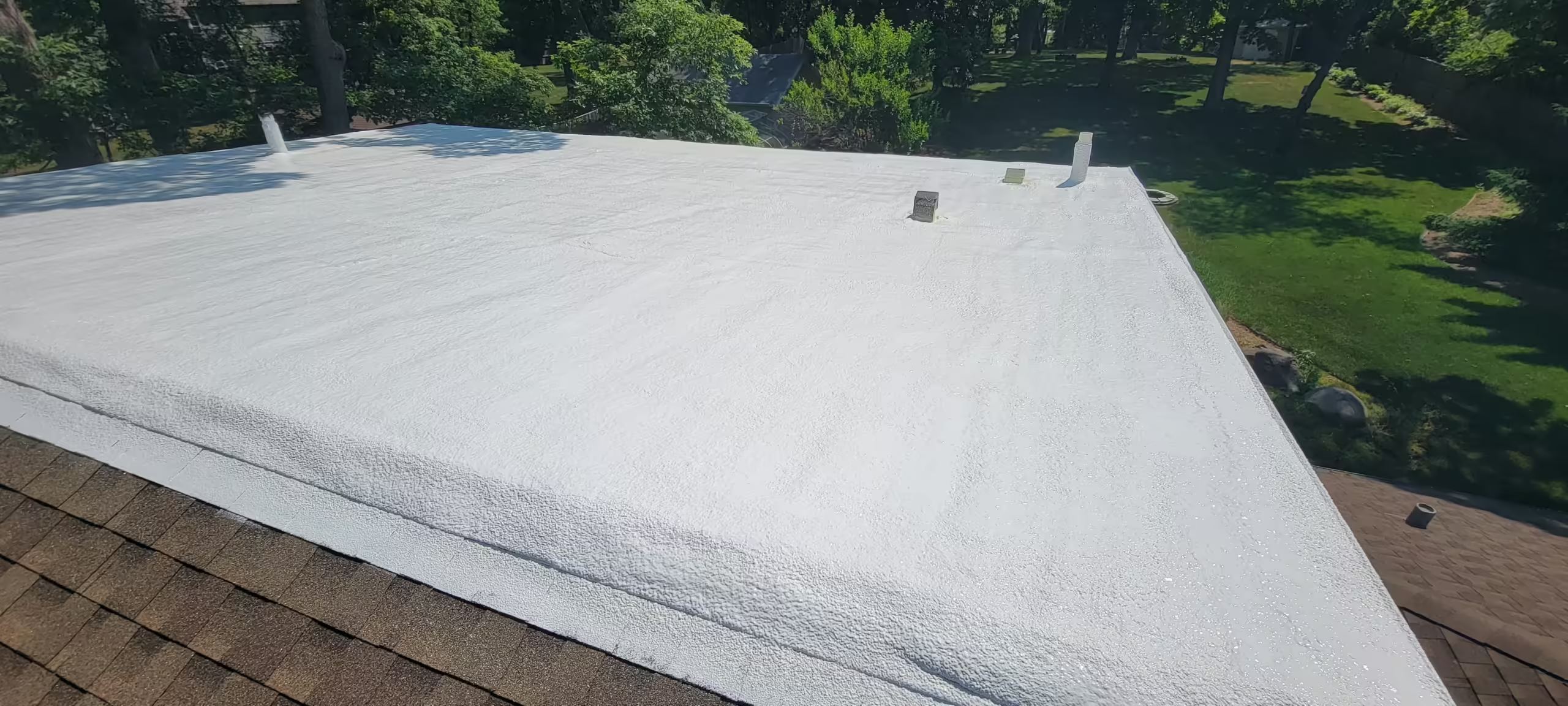 Exterior Wall Insulation
Exterior Wall Insulation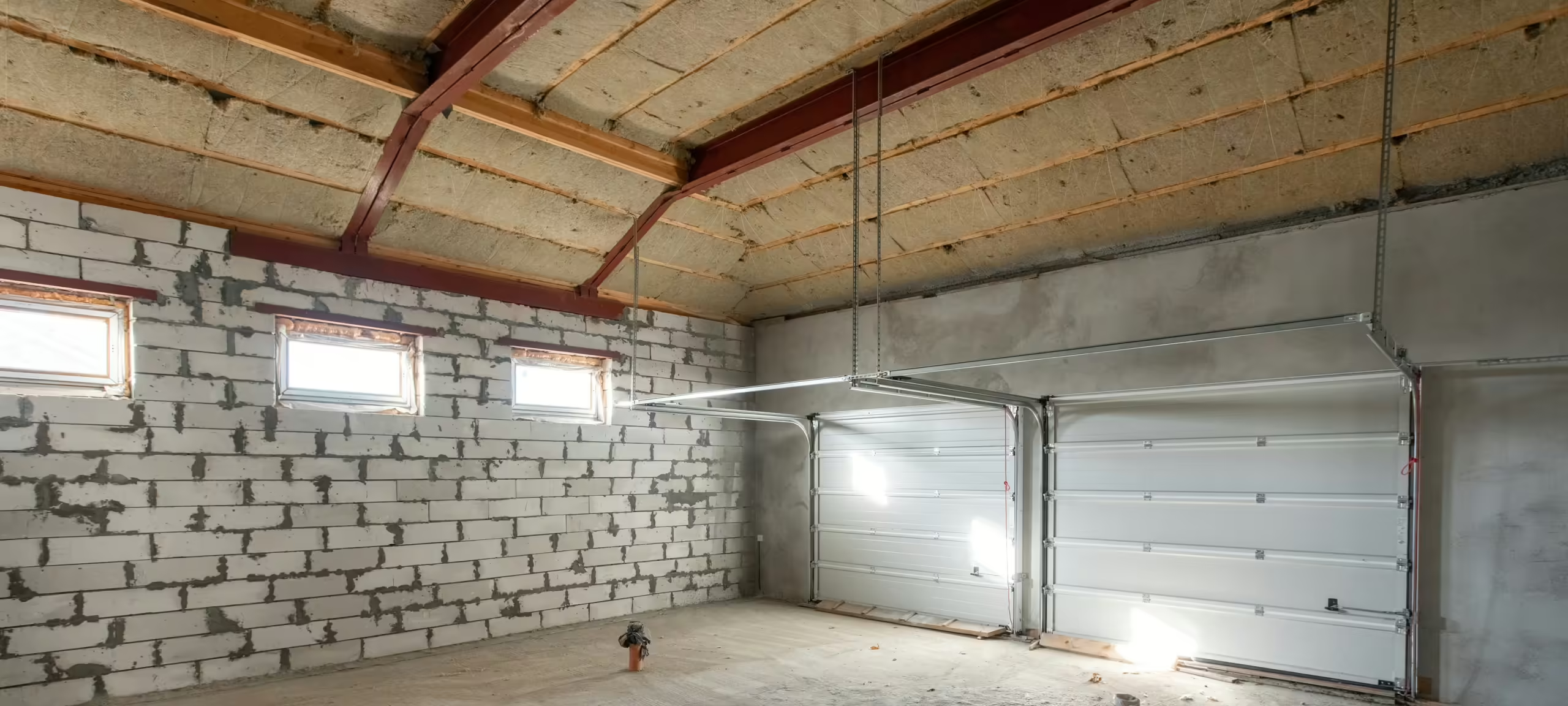 Garage Insulation
Garage Insulation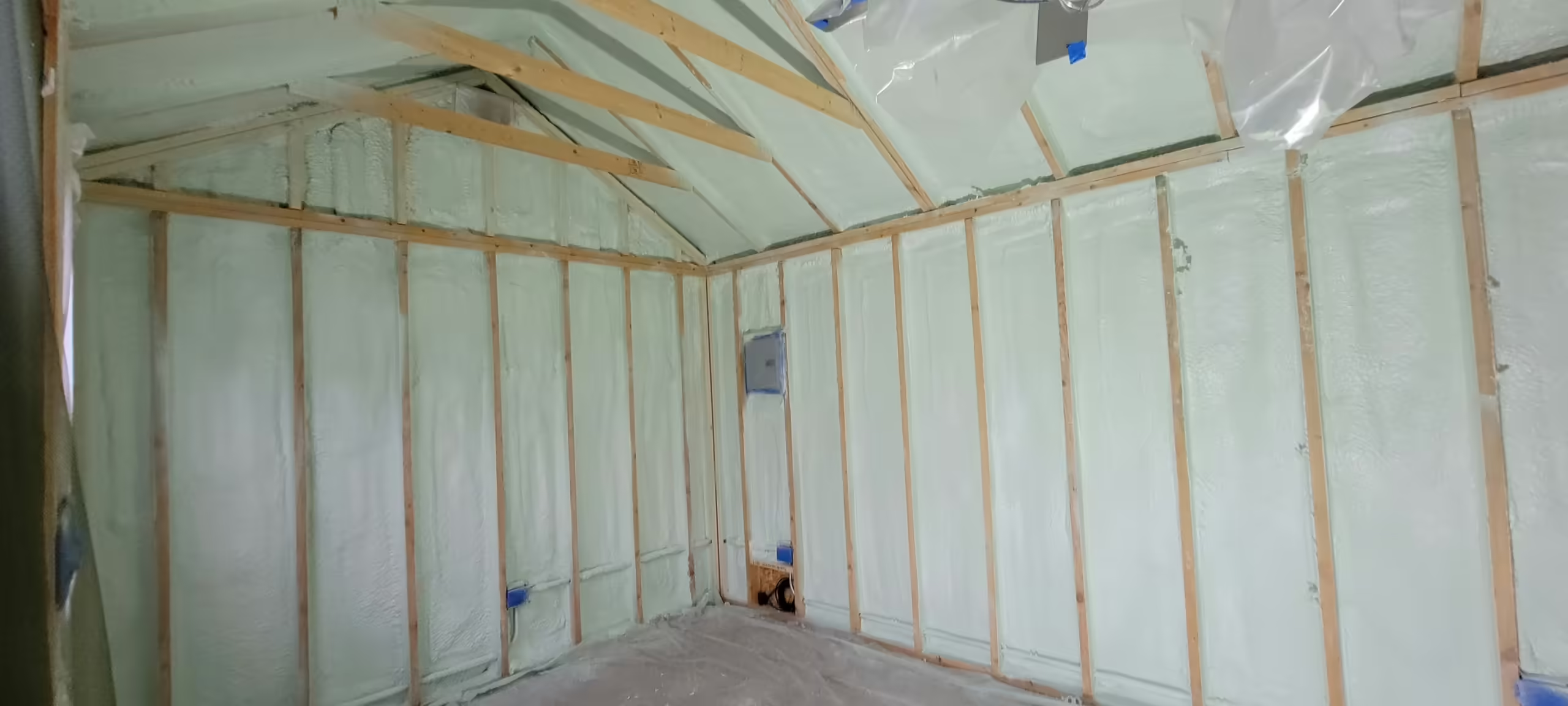 Interior Wall Insulation
Interior Wall Insulation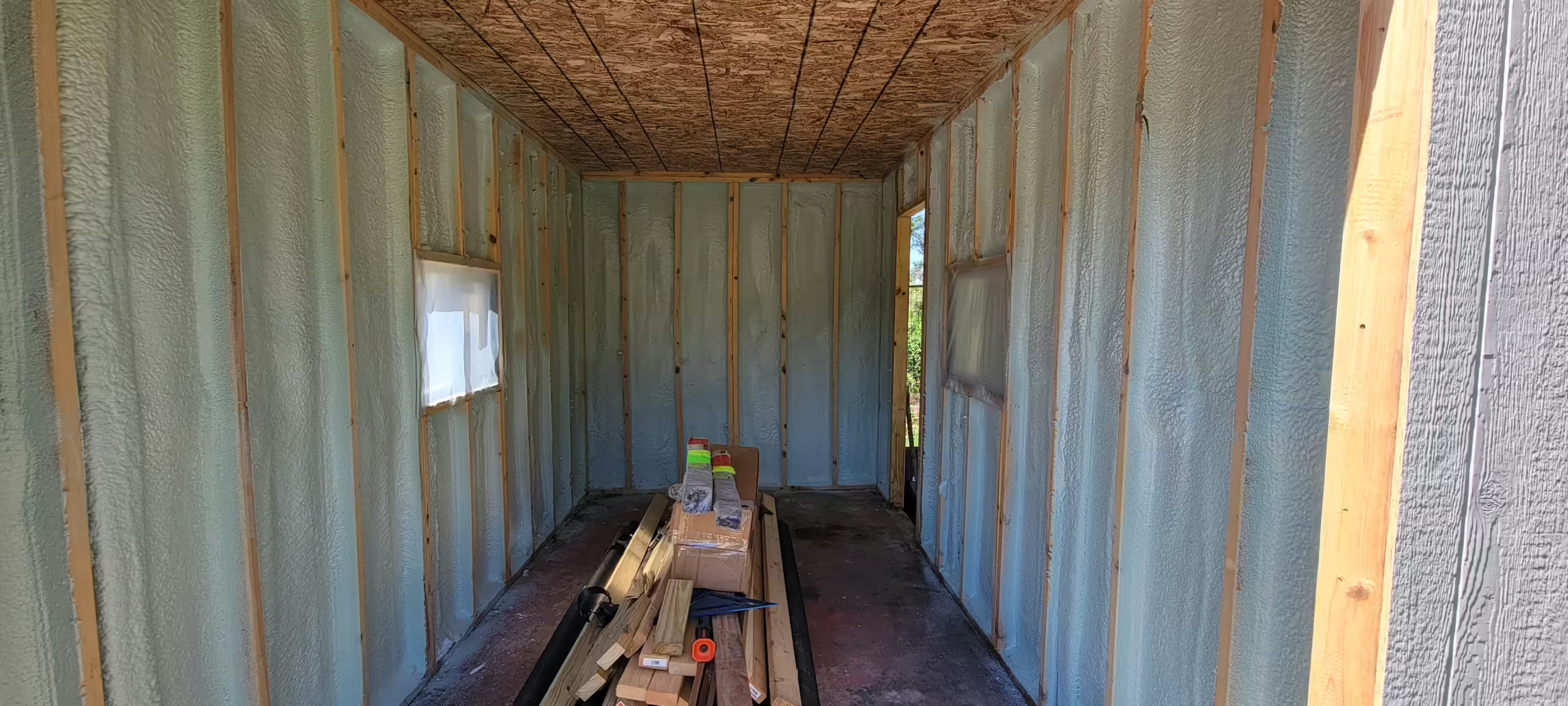 Shed Insulation
Shed Insulation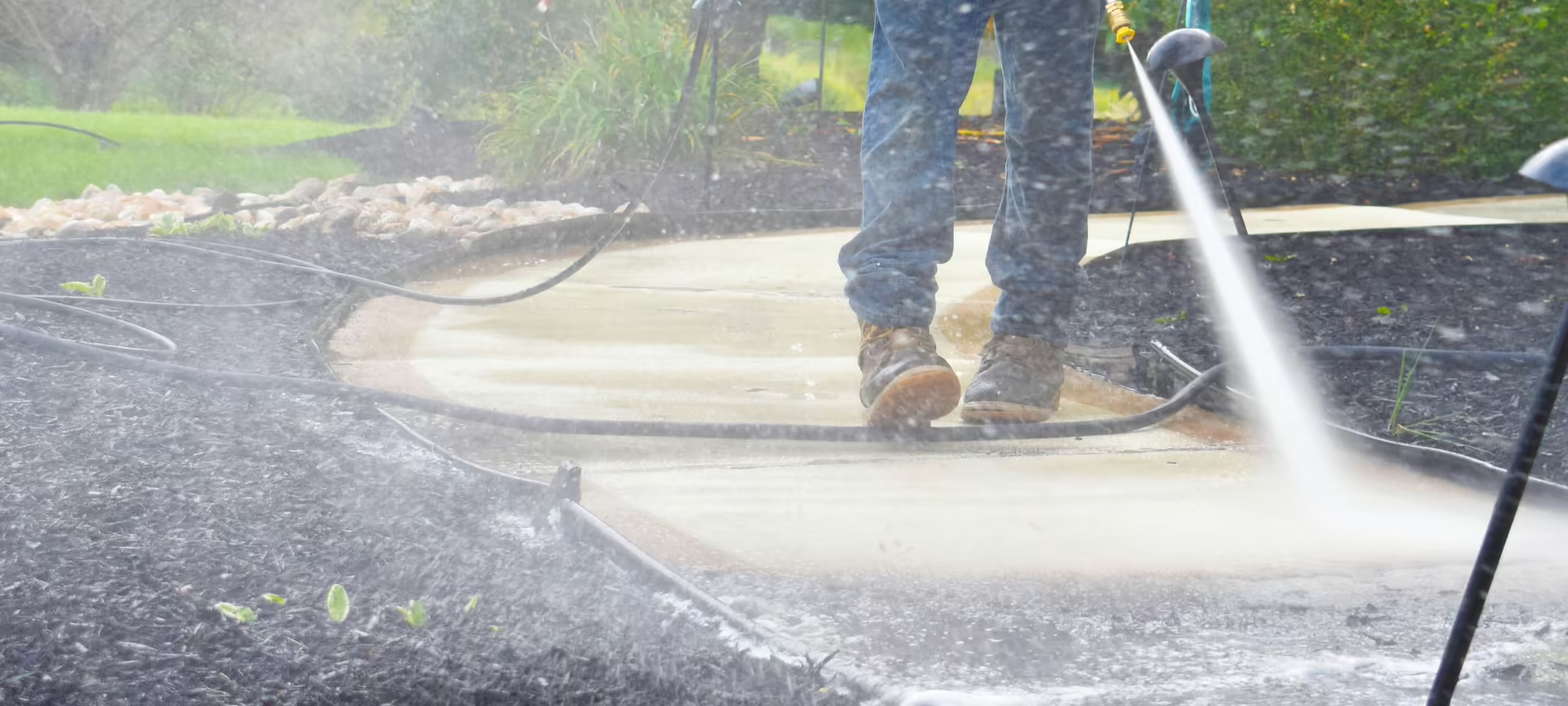 Power Washing
Power Washing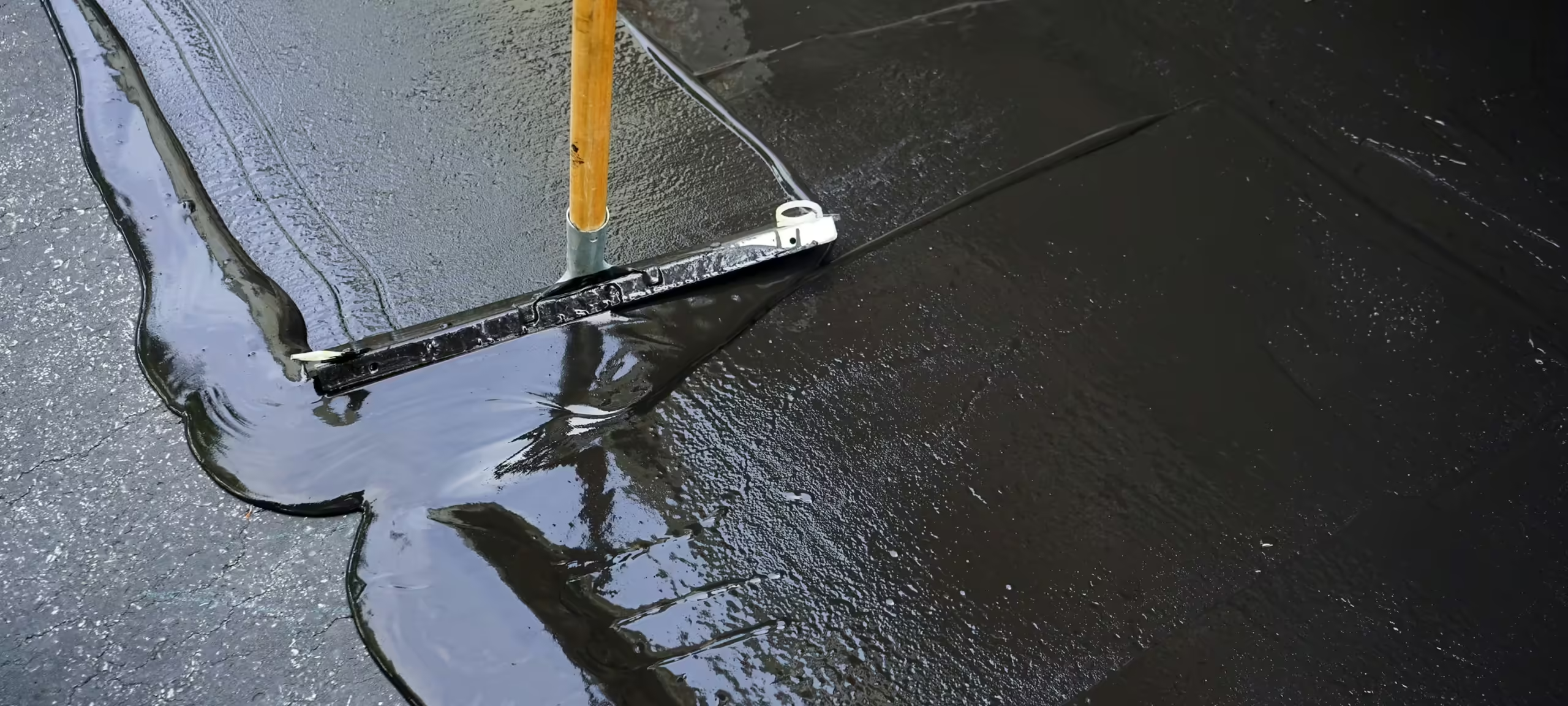 Sealcoating
Sealcoating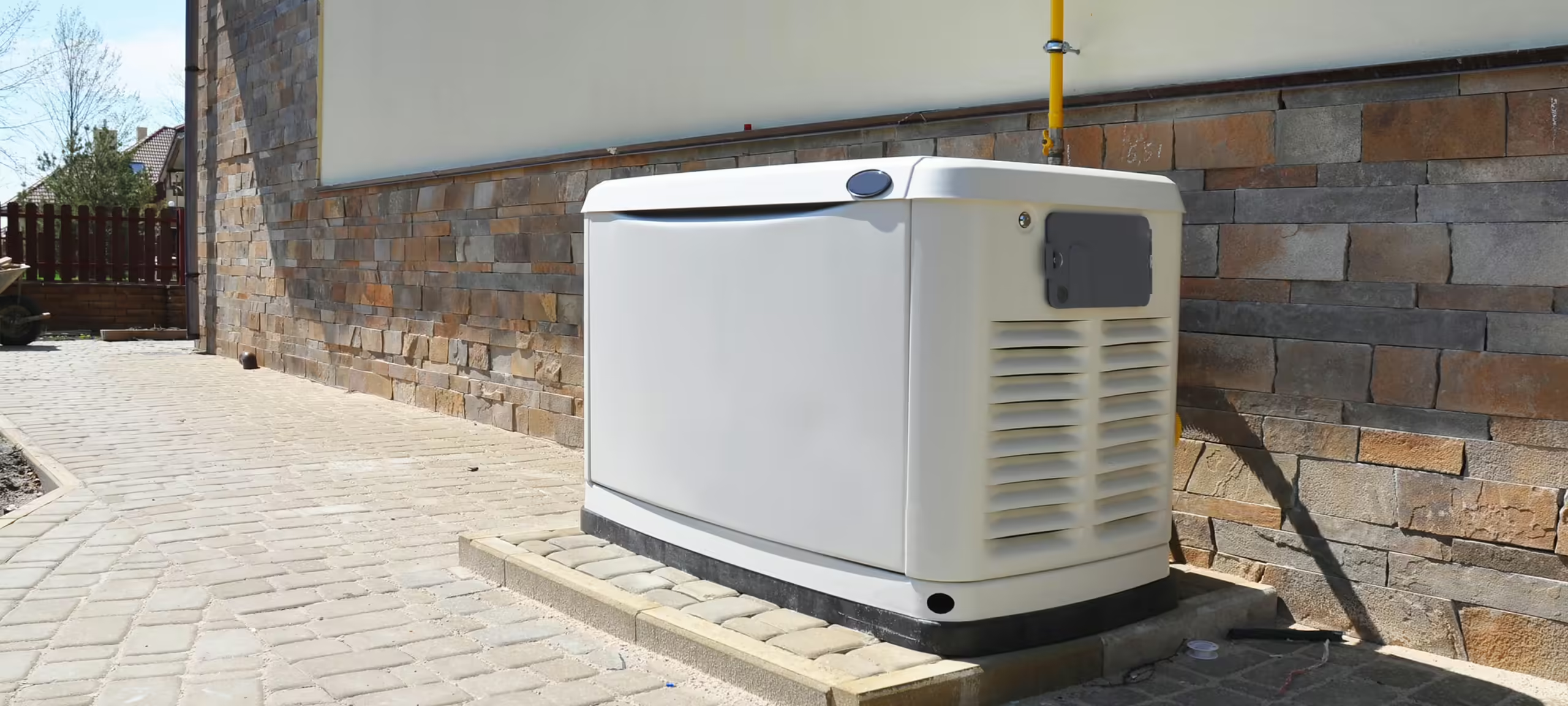 Backup Power Generators
Backup Power Generators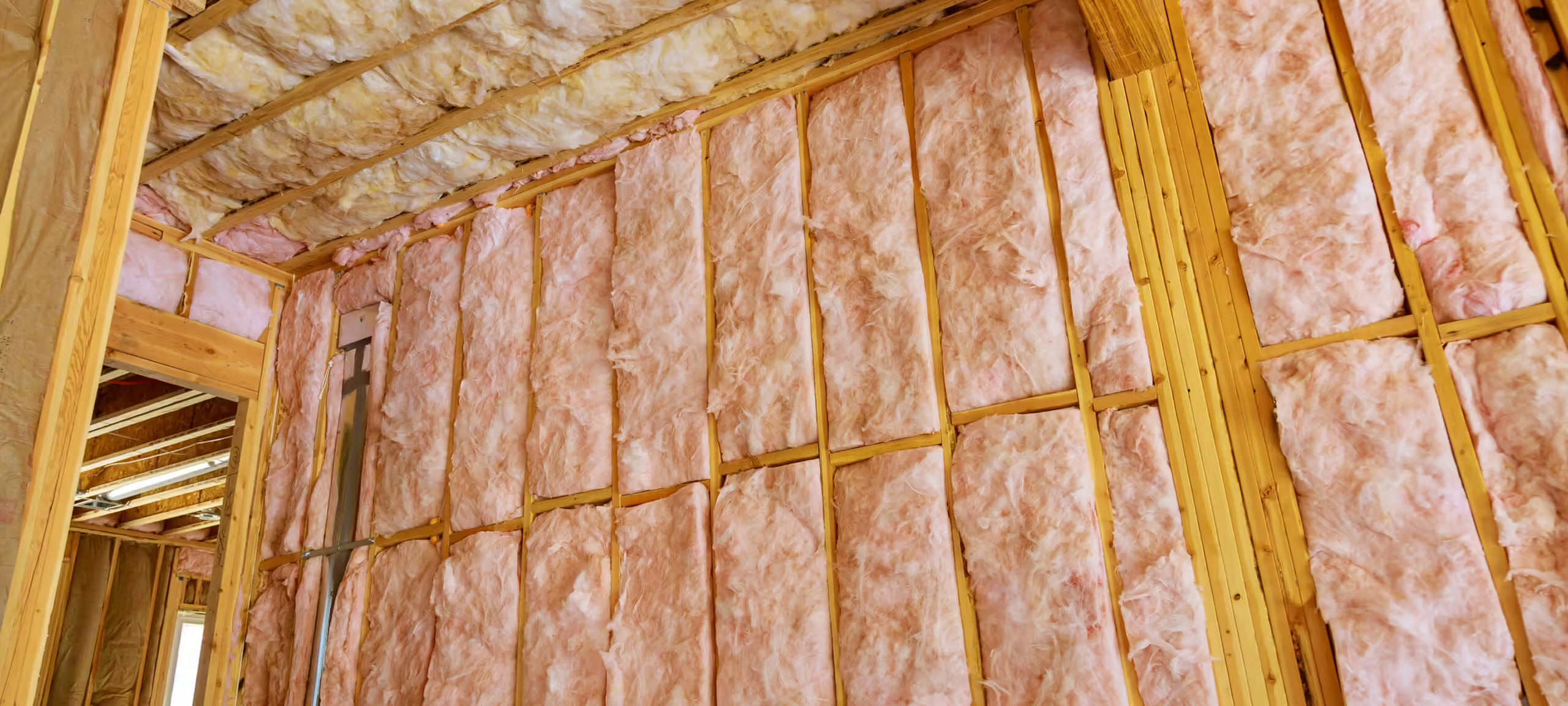 Insulation Removal Service
Insulation Removal Service Lake County Insulation
Lake County Insulation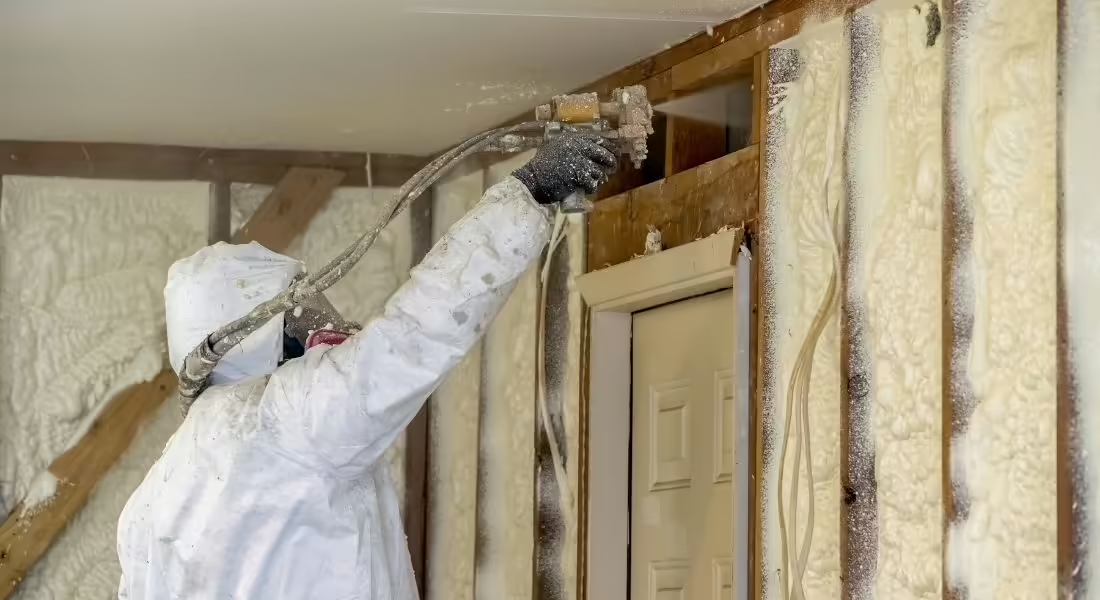 Spray Foam Insulation Guides
Spray Foam Insulation Guides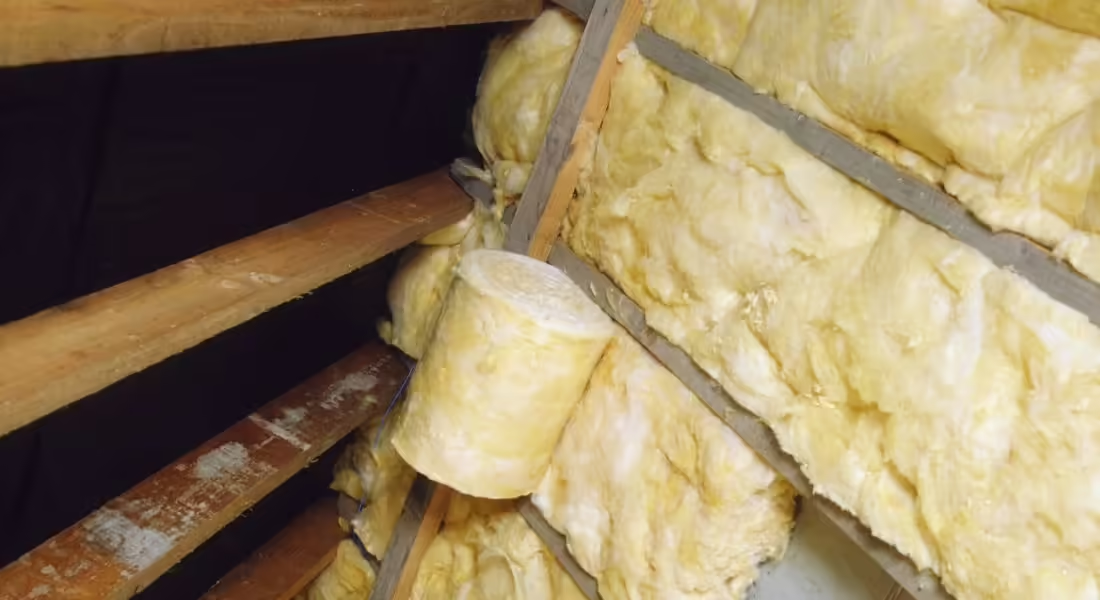 Insulation Guide
Insulation Guide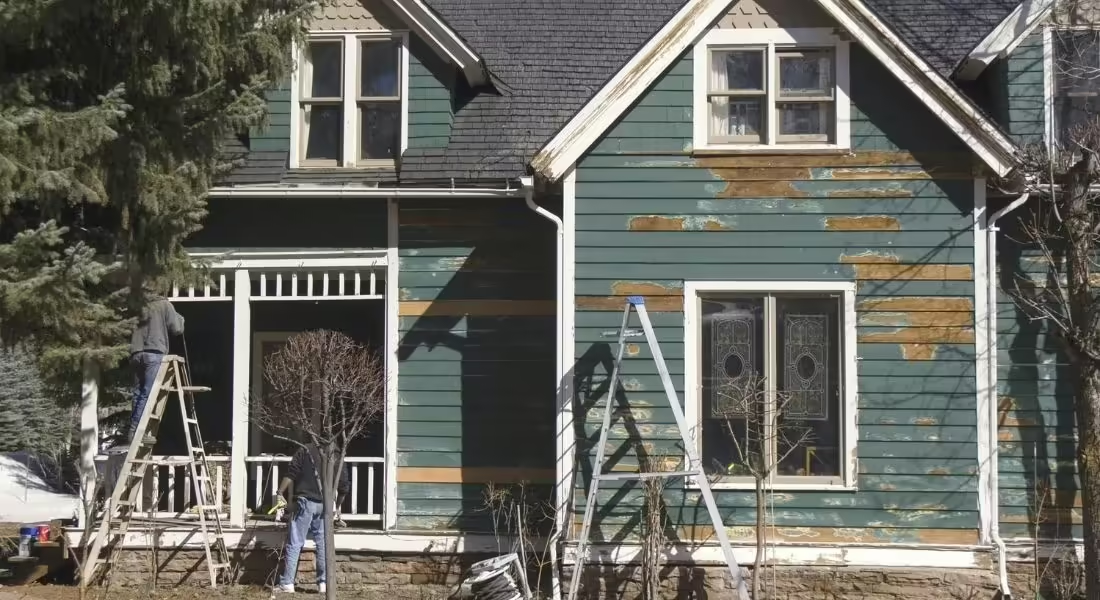 Home Improvement & Maintenance Guide
Home Improvement & Maintenance Guide